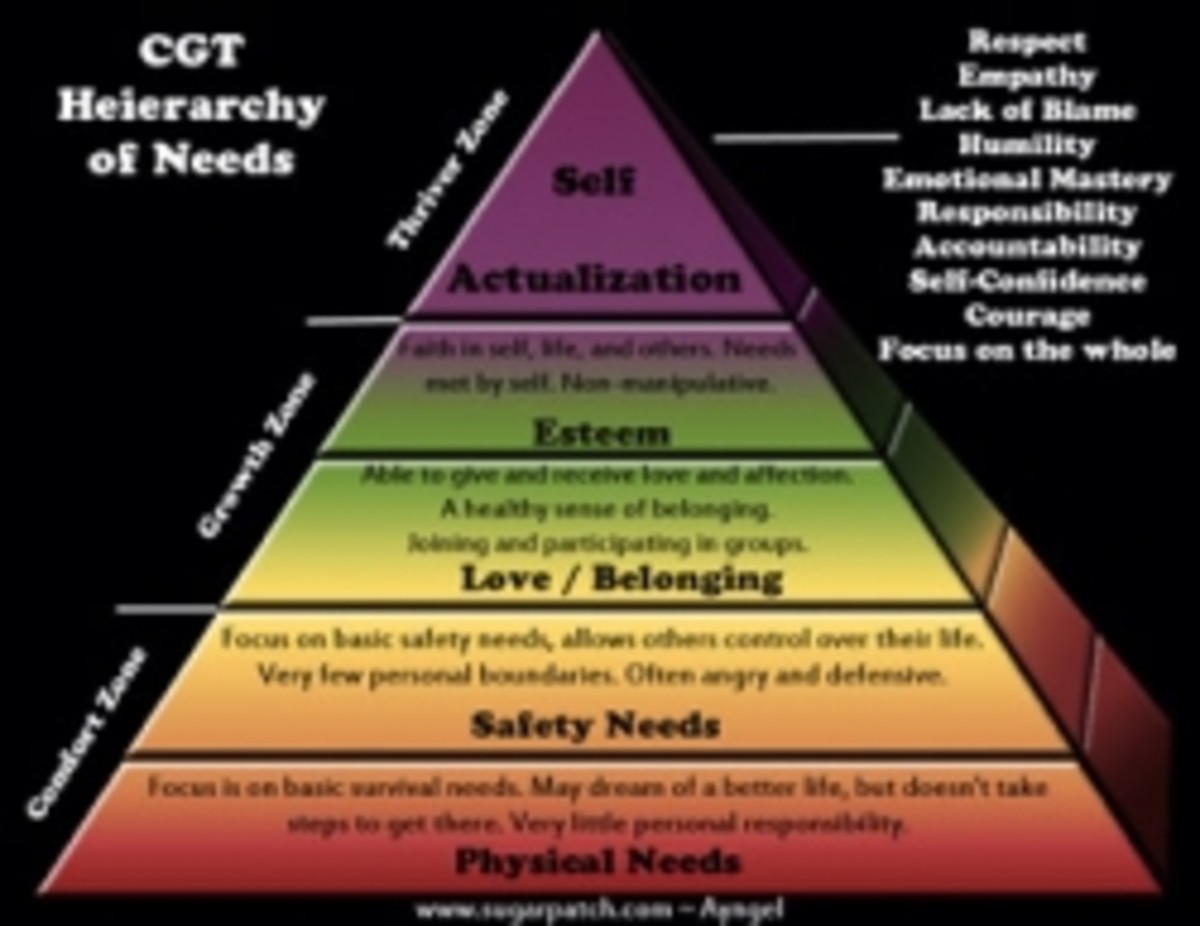Should Medication be used as a first resort to treat mental illness?
Mental Health Medications

I personally use this video when I am having trouble sleeping. 9 times out of 10, it works. If you are also wanting to use this video for this purpose, you will need to stop it at 9:10. After that he will bring you out of relaxation, and state that you are full of energy.
What are our other options?
Many of us either have mental health issues of our own, or know someone else who does. Emotional disorders like Bipolar, Depression, and anxiety, have become very common.
It has been my experience, that when a person goes to see a doctor or psychologist about having a mood disorder, they are told that medication is the best option, and that treatment is a matter of finding the "right cocktail" of medications to fit that person's personal needs.
I agree that medication is helpful for some people, but should it really be used as a first resort? Are there other ways to treat mental illness that doesn't involve experimenting with harmful drugs? In my opinion, some of the side effects of these medications are worse than the symptoms of the disorders themselves.
Keep in mind that medical science is ever changing. Thirty years ago, when a person went in to see a doctor for diabetes, they were immediately prescribed insulin, and told that it was the only way to treat the disease. When a person goes in for diabetes now, they are immediately educated about the disease, and how they can treat it through diet and exercise, long before medication of any kind is introduced.
Is it possible to treat mental illness with education, and lifestyle changes as well? I believe it is, and I have been in control of my Bipolar and anxiety disorders for over three years now, without medication of any kind. There are things that everyone should know about mental illness, and how our minds work.
Cognitive thinking
During childhood, we are taught certain ways of thinking. These are called our thinking styles. Our style of thinking is what creates our set of beliefs about ourselves, the world around us, and the way that we believe things should be done by ourselves and other people.
Sometimes, we are raised to have irrational expectations of ourselves and others. When those expectations aren't met, the way we feel as a result, can lead to symptoms of anxiety or depression.
If we can learn to identify and correct distorted styles of thinking, through methods such as Cognitive Behavioral Therapy, we can break the habit of trying to live up to these irrational expectations, and therefore deal with issues like depression and anxiety at their source. Minimizing our symptoms can eventually correct chemical imbalances in the brain.
Communication skills
Did you know that one of the biggest sources of anxiety can be the way that we communicate with other people? None of us are born effective communicators. The way we express ourselves to other people is learned during our childhood, along with our style of thinking, and problem solving. Learning to communicate assertively is one of the best ways to permanently reduce stress, and therefore alleviate some of our anxiety, and depression symptoms.
Relaxation techniques
Learning simple breathing exercises, or learning to visualize yourself in a peaceful environment is also a great way to reduce stress, and minimize anxiety or mania. Progressive muscle relaxation exercises are also a great way to reduce stress, and train your body to relax enough to get proper rest. This is very important when trying to control a mood disorder.
Proper education
These methods of handling your disorders are all good, and have been proven to be effective whether they are used on their own, or in conjunction with medication. However, nothing will help you more, than learning as much as you can about yourself, and your triggers. Having this knowledge will help you identify and actively react to your symptoms. The sooner you react, the shorter the duration of your symptoms, and the faster your mind will begin to return to balance. Keeping a journal of your thoughts, feelings , and symptoms will help you identify patterns in these areas. This will help you pinpoint triggers, be prepared for the next action that needs to be taken.
Below are some links That will put you on the right track to gaining control.
- Cognitive Behavioral Therapy
This is one of my other hubs. It goes over cognitive behavioral therapy, and how to use it for yourself. - Assertive Communication Skills. When, and how to stand up for your rights.
This is also one of my hubs. It goes over assertive communication, and how to use it in your life.







